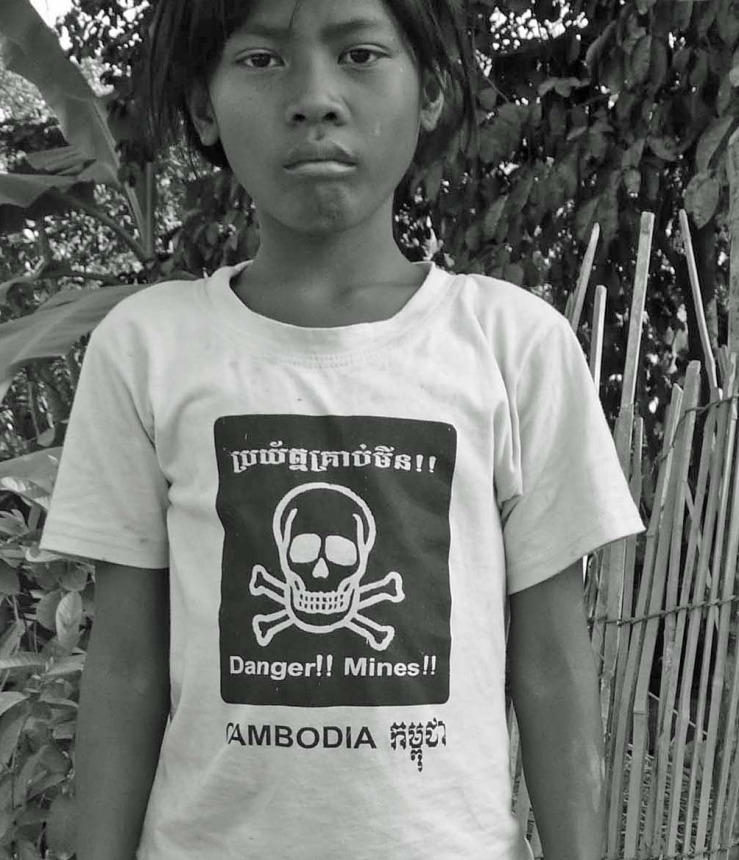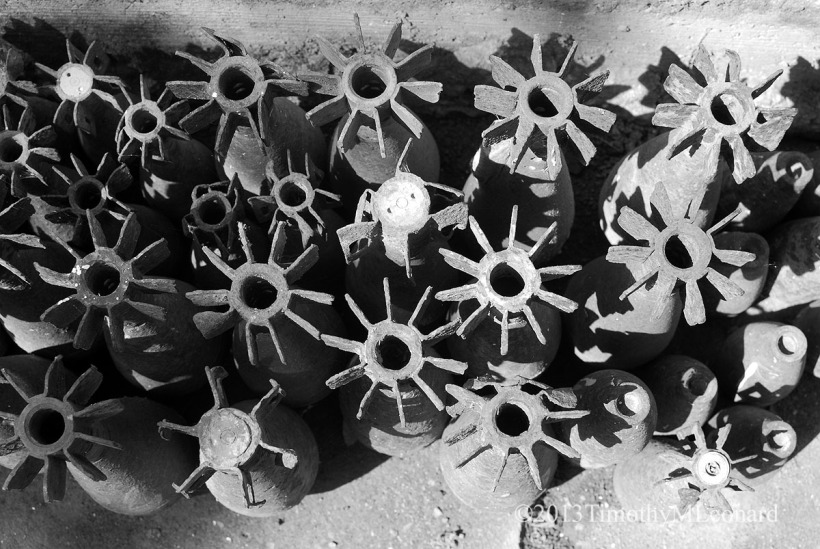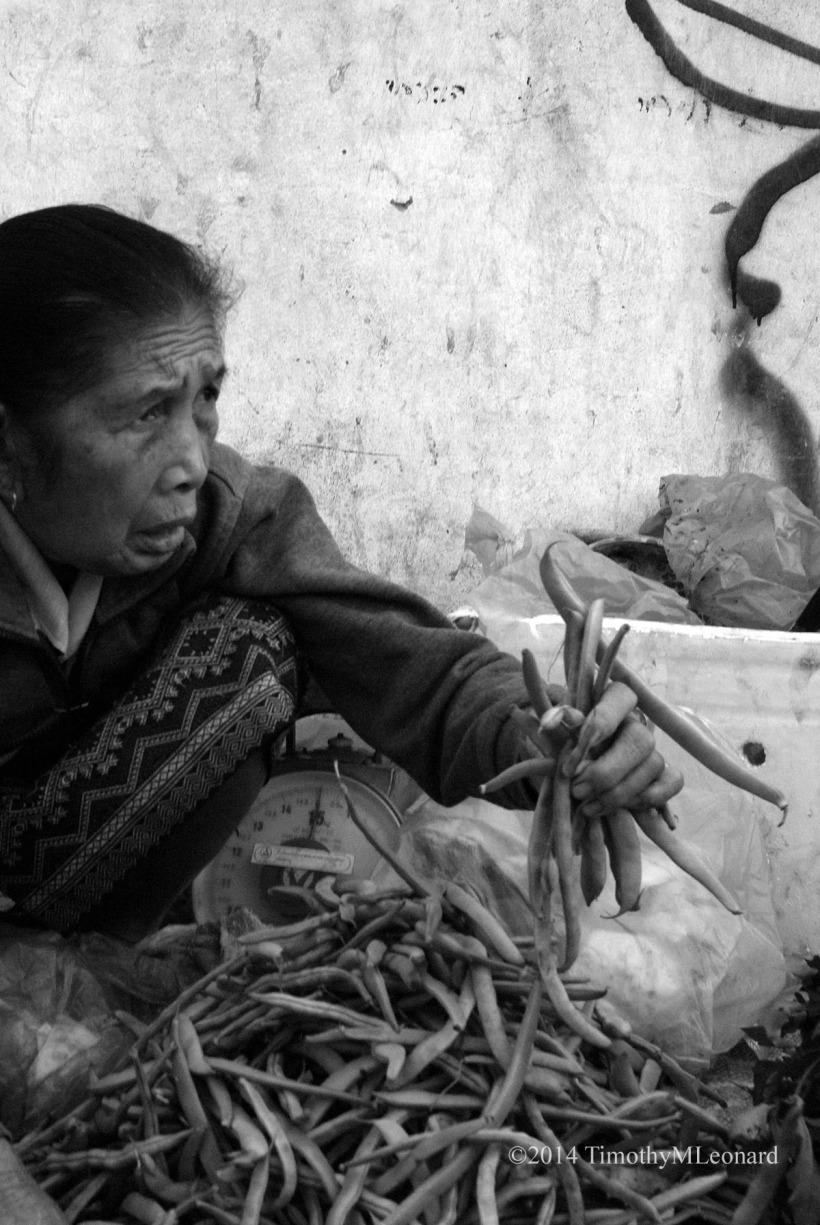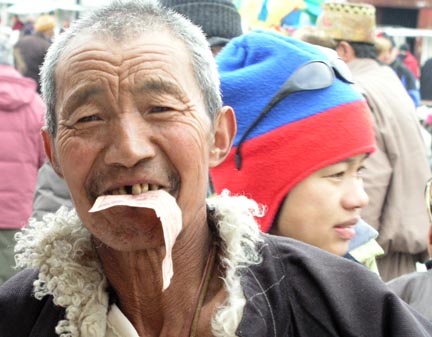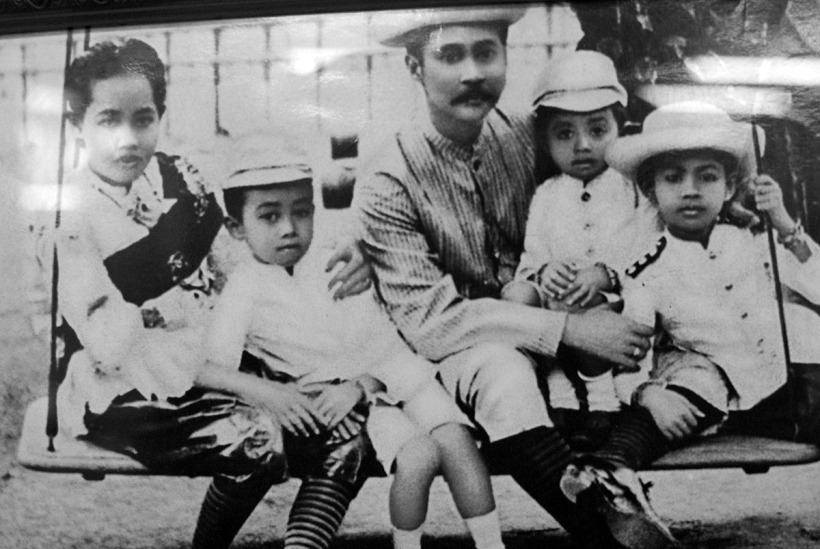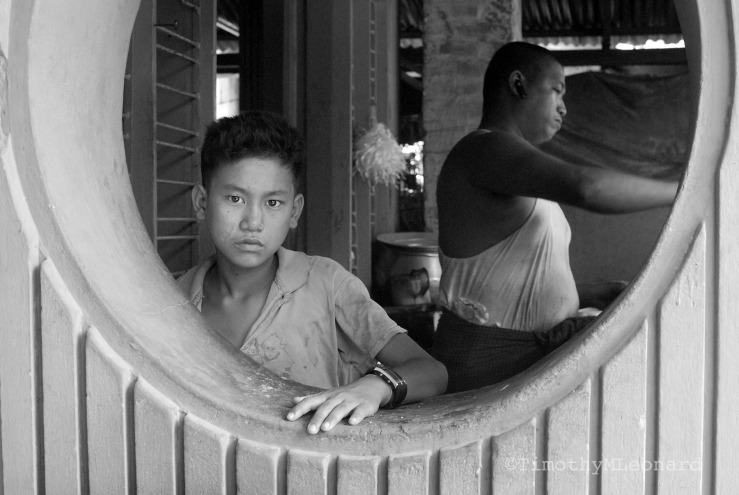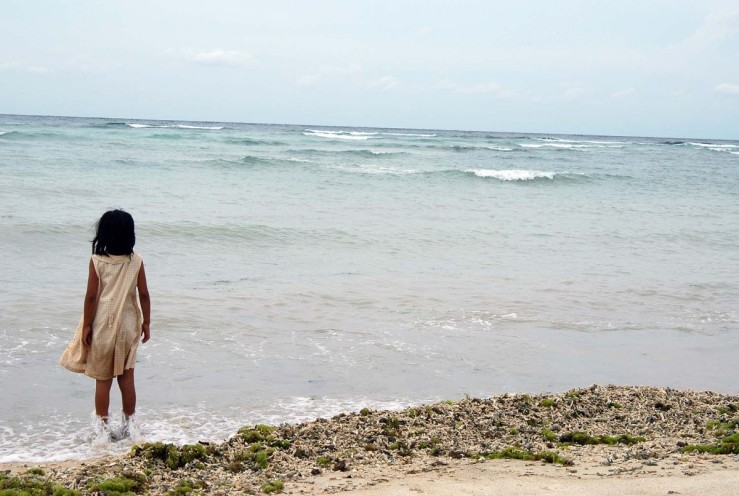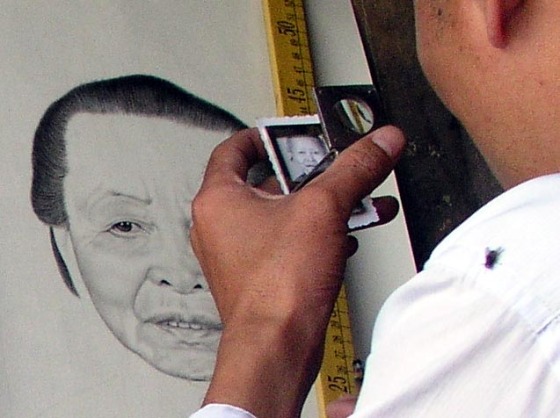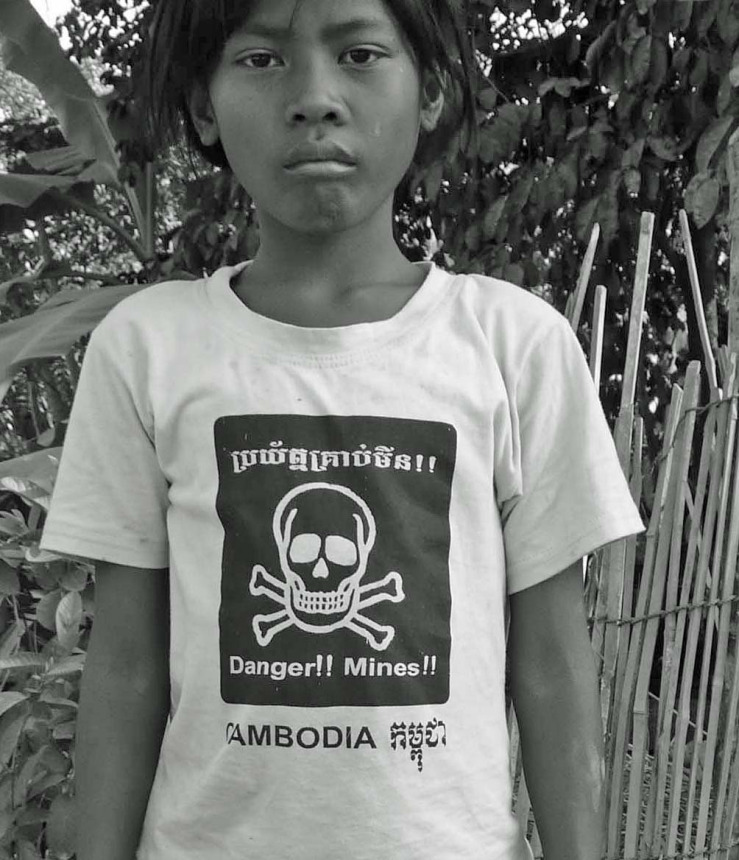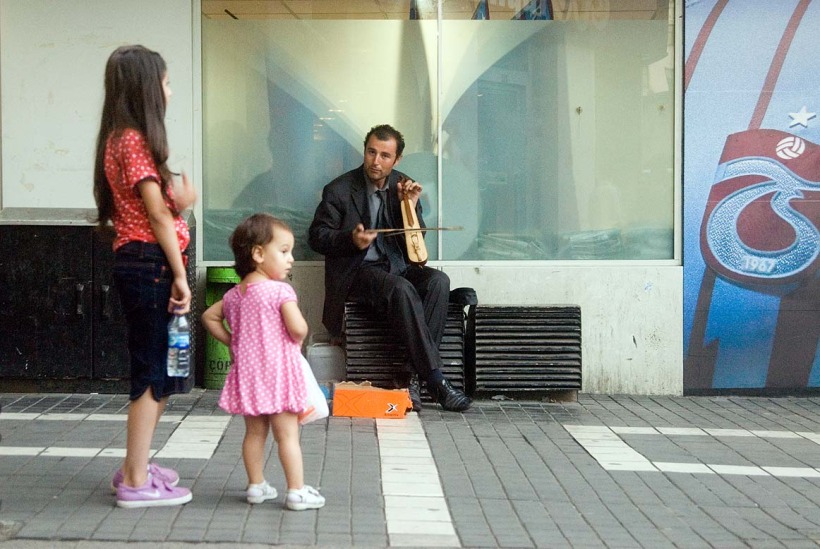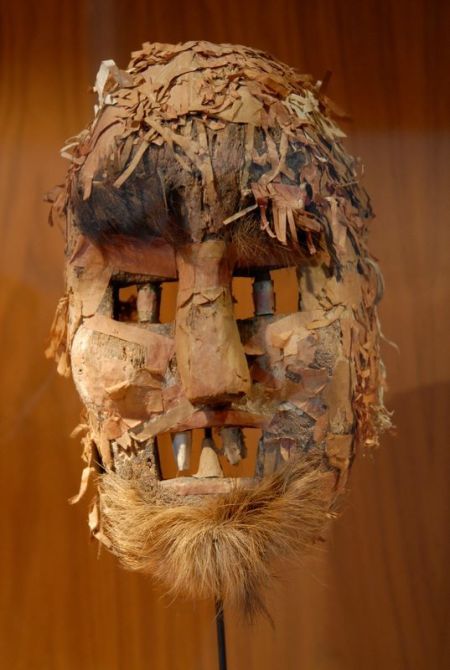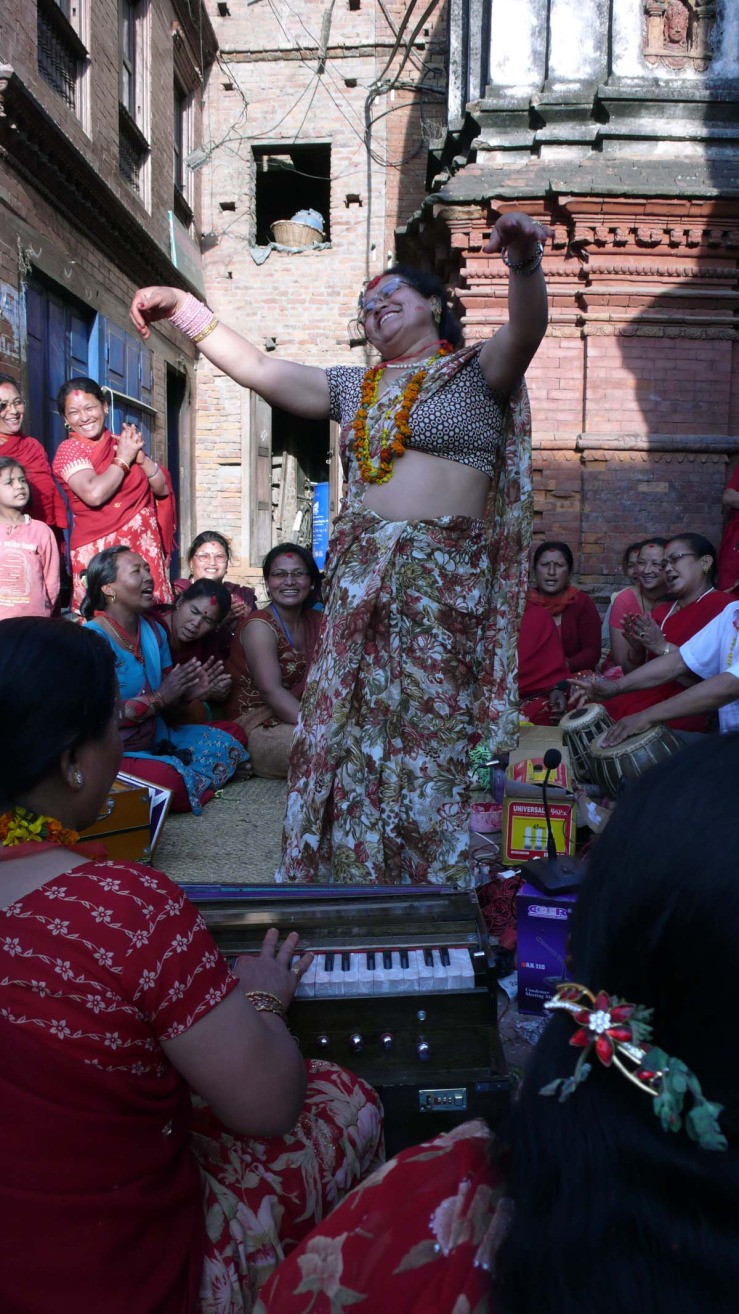June from Stockholm, Sweden visited Cambodia for a month. 36-years young. She was married for ten angry years to an African American from Atlanta. She was a tight bundle of burning anxieties.
She opened up. I don’t know what I’m running away from. I don’t know what I'm running toward. We talked about the amazing labyrinths inside Angkor temples, an allegory of her life.
One door closes and one door opens but the passages can be a bitch, whispered Omar.
She’d evolved as a willing victim of old manipulative lies from authority figures like family, husband, boss and friends in her life. How she’d believed old controlling attitudes and belief systems of others.
Her new day in Cambodia, this beginning offered her new opportunities for awareness and growth. To become authentic she’d face her fears and shadows or run with a hellhound on her trail.
I want to cut off all my hair, she said. It was long curling blond movie star mane quality. We went to a salon. She was nervous. She swallowed hard. A woman cut it off.
I feel lighter now, transformed, said June.
She altered her outward appearance releasing old anxieties. By cutting her hair with bright shiny silver scissors as a complete symbolic gesture, June realized how she felt was more important than how her stone cold colleagues in freezing Sweden might react. It was a small significant step on her new path.
One day June went thirty miles north to experience a village influence on her consciousness. She visited My Grandfather’s House and the local school. What do you need, she asked. She bought them a water purifier. She purchased a battery so they’d have lights after dark.

Another day, returning from temples she stopped in a village and met some children.
The next morning she invited me to join her. We stopped at a shop. She purchased bags of toothbrushes and toothpaste. We rolled through dry brown flat countryside past bamboo homes, women selling, cooking, cleaning, washing and talking. We were far away from the town filled with fat happy white tourists doing Angkor.
June talked a blue streak unloading her honesty, hopes and dreams mixed with anxieties and fears.
I feel good doing this. I’ve never done anything like this before. My past life was all about anger. It was shit. Now that I’m in Cambodia, what, less than a week, I’m beginning to learn about myself, seeing how my life was empty with no meaning. How it was all about pleasing others, buying useless things to make myself feel better.
We turned off a paved road onto a thin dirt track leading to a bamboo thatched home on stilts in a field. Half-naked kids played. Women and men sat in the shade. June met the kids and a young mother.
Here, she smiled, handing them toothbrushes and paste. For you. The kids and mothers were amazed. An 80-year-old woman, a former Apsara dancer, performed quick delicate hand movements. June copied her to the delight of everyone.
I’ll be back, she yelled as kids ran waving goodbye. Now I feel more fulfilled, she said.
We stopped in a small market village for ice coffee. Young girls selling colorful bamboo paper birds descended on us.

Buy something? Look at my things. June met Leaf, 13, in the 5th grade. Leaf learned English selling to foreigners at the temples after school. Leaf showed us her village home.
See you here tomorrow at 2 p.m., June said to Leaf.
I saw a leader in the girl’s eyes, said June as we rolled back to the city. Maybe I can help her, get an English teacher for her village. Give her an opportunity to really grow.
June had to modify her dream for the girl.
Let’s be practical, I suggested. Finding a Khmer English teacher for $1,000 a month is like finding clean drinking water.
The next day June bought a brand new pink bike for Leaf with a bell and basket. It said, NEW STAR on the chain guard. We went to a bookstore. She bought a whiteboard, boxes of markers, twenty English books, picture dictionaries and storybooks. We loaded them on a tuk-tuk and rolled to the village.
Leaf, her family and friends were waiting for June. They raise pigs, dad kills them, mom sells the meat in the market and older sisters hustle male tourists hoping to find a boyfriend, get married and escape.
Here Leaf all this is for you, said June. The bike will help you get to school, temples and home. The whiteboard, markers and books will help you teach English.
Leaf smiled. Thank you. Leaf jumped on her bike and pedaled through dust and broken leaves around the house. June spread the books out and kids explored images, words, letters and colors.
I feel really good about this, said June. Real good. I’ve made a small difference in a young girl’s life. I am so grateful. June had a humbling life changing experience.
That’s a good idea for a children’s book, said Rita.
Nature is what you can be and culture is what you are, said Leo.
One day on a toothbrush run June traveled along another dusty red road and stopped at a village shop selling soap, coconuts and bananas. A girl wore a t-shirt with a picture of a skull and bones.

Danger! LANDMINES!
She wore a permanent tear on her left cheek. She was not smiling.
She said. Here I am. I communicate my reality to the world. Do you like my shirt? Can you read words or do you need a picture? How about a picture of a picture? I don’t know how to read so I like to look at pictures. My country has 18 million people and maybe 6-10 million land mines.
Adults say there are 40,000 amputees in my country. Many more have died because we don’t have enough medical facilities. Mines are cheap. A mine costs $3.00 to put in the ground and $1,000 to take out of the ground. I’m really good at numbers. Talk to me before you explore the forest. It's beautiful and quiet. I know all the secret places.
I showed my picture to a Cambodian man and he didn’t like it. He said it gave him nightmares. He’s seen too much horror and death in one life. So it goes.
My village is my world. Where do you live?
June woke up in Cambodia, returned to Sweden and changed her life around.
Book of Amnesia Unabridged










 Share Article
Share Article 






